Building a Home with Young Members of the Northern Cheyenne and Crow Nations
BY CAROLINE FENTON | May 29, 2019
I am frequently preoccupied with the concept of home, as a Jesuit Volunteer/AmeriCorps member serving in the dormitory of a high school for Northern Cheyenne and Crow students in rural Montana. Each day, I serve alongside a fellow Jesuit Volunteer (JV) and staff members to create a welcoming and comforting sense of home for the students who travel for hours every weekend just to stay with us each week. Among study sessions, movie nights, and incredibly lively games of UNO, I try to honor the in-betweenness of my students’ experience at the dorm.
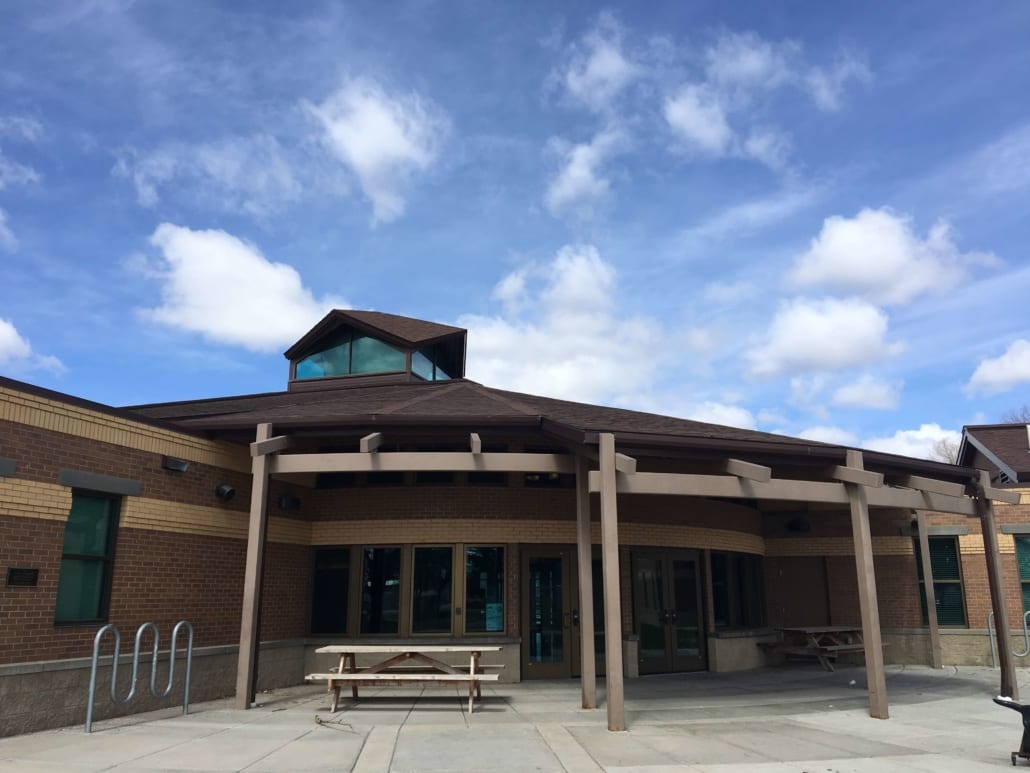
St. Labre High School, Ashland, MT
From my time at the dorm this year, I have realized home is not contingent upon place, but is instead entirely dependent on with whom we choose each day to build our homes. Daily building is tiring; sometimes, the knowledge that each brick I lay with a student, each long conversation, each short walk to dinner, each study session or game of cards, is likely to be undone in the coming days. As the year has gone on, both the lived reality and now fear of my students experiencing trauma is devastating. As we begin each week, I now find myself asking the same question over and over: How can we continue to love each other in the face of such hopelessness?
Giving students healthy opportunities to process trauma—both historical and current—has become the greatest grounding aspect of my service. It allows each student to find steady footing, reaching to foundational cracks and infrastructural damage, finding the home they inherit to be one built from the ashes of their ancestors and stolen lands. It is from those cracks and fissures they find healing, a sense of community, and hope.
This January, I was invited into one of the most visceral expressions of processing and solidarity I have ever experienced. Each year, members of the Northern Cheyenne tribe break out from Fort Robinson, just as their ancestors did from captivity in 1879, and run the same 400 miles from Nebraska to Montana. My JV community was invited to travel with the runners this year as volunteers. Along the journey to Nebraska and back, I was able to see up close how healing and transformative it can be for students to have access to such processing.
The coordinators, chaperones, and speakers built a space of education, discernment, and action as they gave the history of the outbreak, remembering both their ancestors and the recently lost young ones, and spoke about the issues the runners would face upon returning home. The students were continually affirmed that they had, within themselves and through their bonds with each other, all the skills they needed to meet their futures as leaders, mentors, and carriers of their shared history.
The students ran, not from their past, but for their communities, their lost loved ones, their futures, and their lives. Several days into the run, I was invited to run alongside my students and their peers, and that time running has utterly changed my life. Through pain and grief and loss, each runner pressed urgently, literally running for renewal, resurgence, restoration, and peace.
After she visibly sprained her ankle, I asked one runner if she wanted to take a break. She spoke to me about one of the teenagers who had recently passed and about her ancestors who had completed the journey before her. “I can do this,” she said, “I have something to run for.”
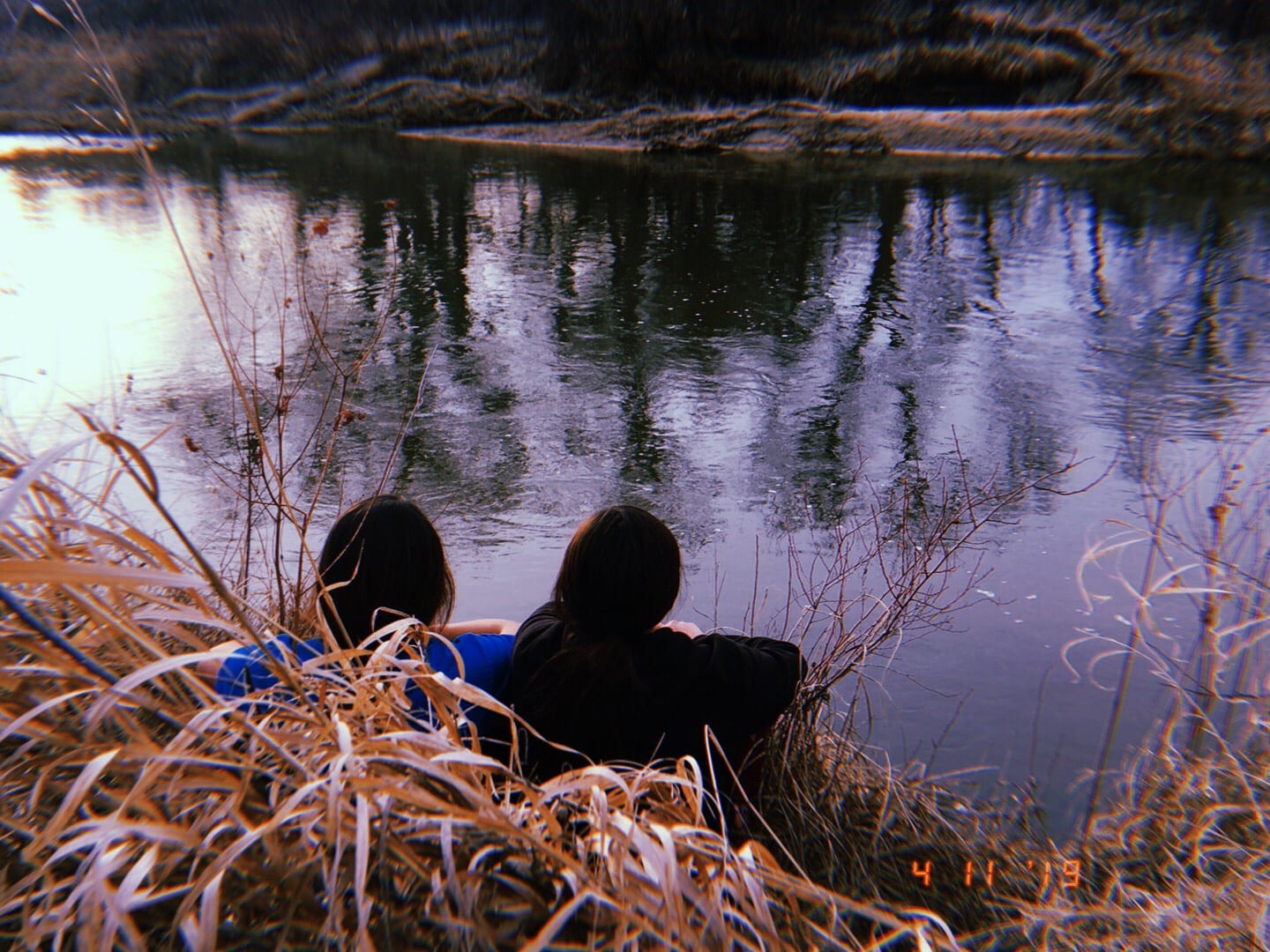
Those reminders, that moment of recognition that our lives are not guaranteed for even one moment, reverberates and grows throughout my service daily. We must honor the homes we build. We must honor the slow work of building. Small moments coalesce and pool together to lay the foundation, and in moments smaller still we lay piece by piece, pebble by pebble, the framework of the relationships that will later shelter and sustain us in the most shaking and potentially devastating moments of our lives.
At the very beginning of her poem, “Elegy,” Aracelis Girmay asks, “What to do with this knowledge that our living is not guaranteed?” I have yet to find one answer, but in the quieter moments of service, I have realized a thousand small ways to answer that question. We build homes and invite others into the process of their building. We support one another, lending help and tools, moments of education and shared time. We accept the knowledge that sometimes, we must leave our work behind and allow others to take up the work we’ve found joy and strength in.
I know my students have within them all that they need to build homes in themselves, in each other, and in the land. I am grateful to them for allowing me to share in the building of their homes, to lend a tool when I can, and to leave having known the joy and wisdom they share will only continue to build into something powerful and sustaining.
#JVReflects explores the intersection of faith and justice from the perspective of JESUIT VOLUNTEERS serving as long-term volunteers both domestically and internationally with Jesuit Volunteer Corps and Jesuit Volunteer Corps Northwest. Reflections specifically focus on the cornerstone values of the Jesuit volunteer experience: spirituality, simple living, community, and social justice.
Caroline Fenton is a 2018-2019 member of Jesuit Volunteer Corps Northwest. She is serving as the dormitory mentor at St. Labre Indian School in Ashland, Montana. She graduated from Loyola University New Orleans and is from Wantagh, New York.

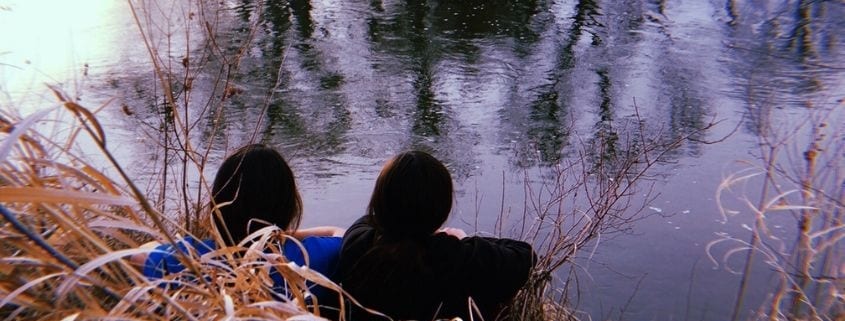
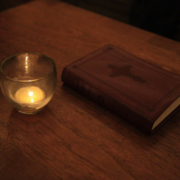
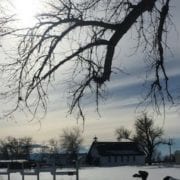
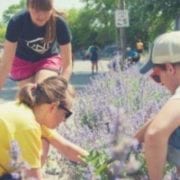
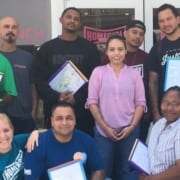
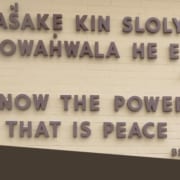
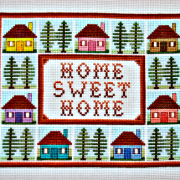

“We must honor the homes we build” – very true.